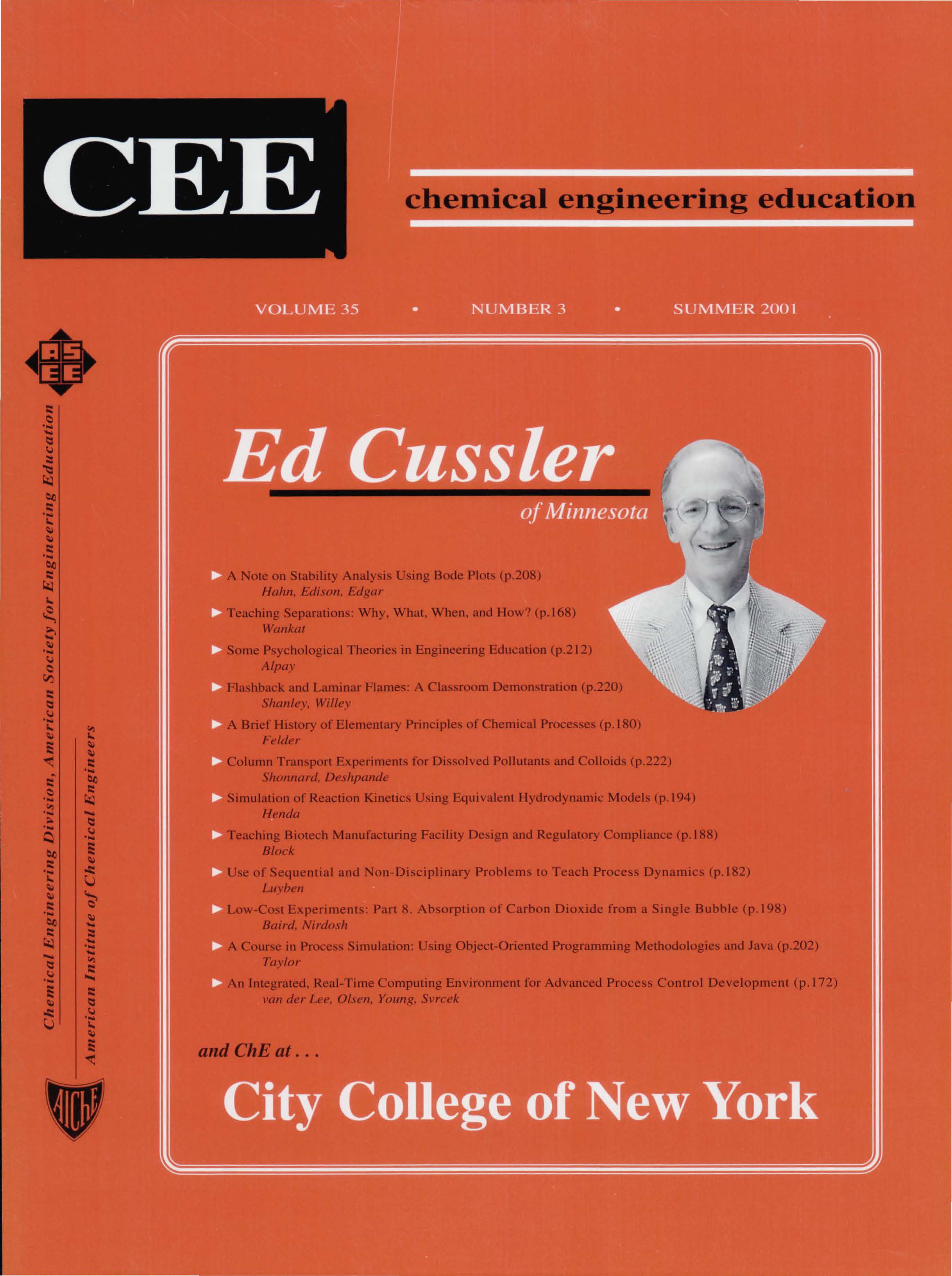A Note on Stability Analysis Using Bode Plots
Abstract
Every chemical process control textbook states the Bode stability criterion in one form or another. But the stated definitions of the criterion are in almost all cases incomplete. This not only influences the stability analysis of the system, but also has an effect on the gain and phase margins. In this paper the limitations of different versions of the Bode stability criterion are analyzed and a revised criterion is formulated. This revised criterion results in a correct analysis for stability as well as robustness of the system. Examples are given to illustrate the importance of this revised stability criterion.


